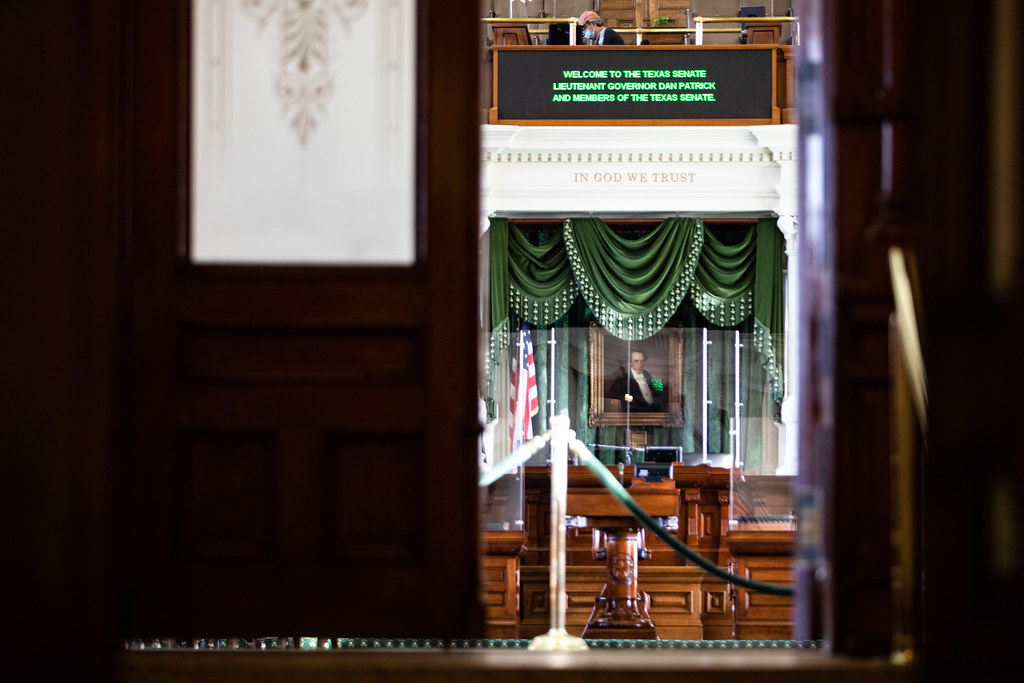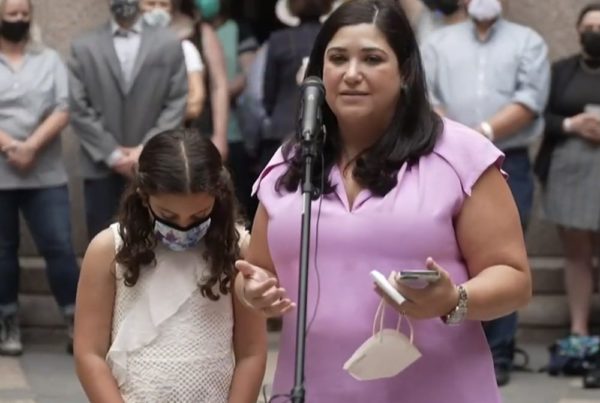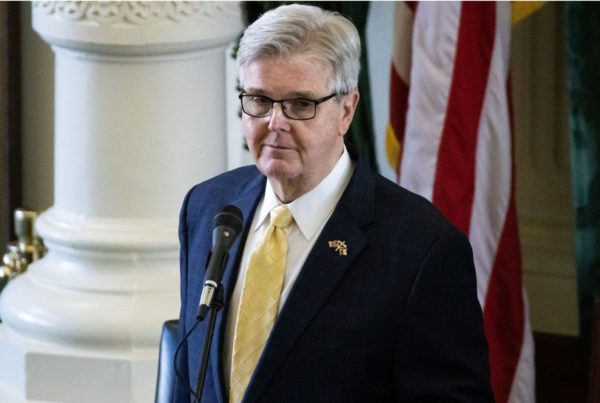The Texas Legislature is responding to an allegation of sexual misconduct committed by a Capitol lobbyist. The so far unnamed lobbyist allegedly gave a legislative staffer a date rape drug. The Texas Department of Public Safety is investigating the allegation, and lobbying firm HillCo Partners says one of its employees is a person of interest.
In an address to House members at the Texas Capitol, House Speaker Dade Phelan called the incident “disgusting” and “a symptom of a culture that has been festering in this building for far too long.”
Democratic state Rep. Donna Howard wrote a letter that has been signed by 30 other female state representatives, offering support to the person who came forward about the alleged incident. Howard told Texas Standard that the Legislature has been working since the previous session to improve the workplace culture, but this incident shows how much more still needs to be done.
“We have taken this seriously, though, in recent years, and did try to come up with a revised workplace conduct policy that was put in place last session,” Howard said. “[It] was a major step forward, but clearly not sufficient.”
Part of the problem, she says, is that the Legislature doesn’t function like a normal workplace. Members of the House and Senate operate independently and mostly answer to the public. Last session’s workplace misconduct policy included sanctions, but she says imposing those sanctions can be complicated.
“We have an unusual situation here in terms of an employment hierarchy and structure – not like a usual business where you have a boss that can impose disciplinary actions,” Howard said. “Each member here is autonomous, has their own rules and procedures for their own offices … and our bosses are the electorate and they speak to us on election time.”
Still, she says the Lege has to do more. Speaker Phelan has proposed an email hotline for those who feel they’ve been violated, as well as in-person sexual misconduct training.
Howard says it will be essential to involve not just members of the Legislature but staffers, too, to better understand how the problem manifests. Her staff has discussed ideas such as holding focus groups and providing pathways for staff to anonymously report past experiences of harassment or misconduct to try to get at the root of the problem. She says without better understanding the nature of the problem, it will be hard to solve it.
“We still don’t even have enough transparency to know if there were reports made and if there was any action taken by virtue of the way the rules were set up,” Howard said. “So, again, I think we need more transparency to know what’s really going on here so we can have accountability.”














